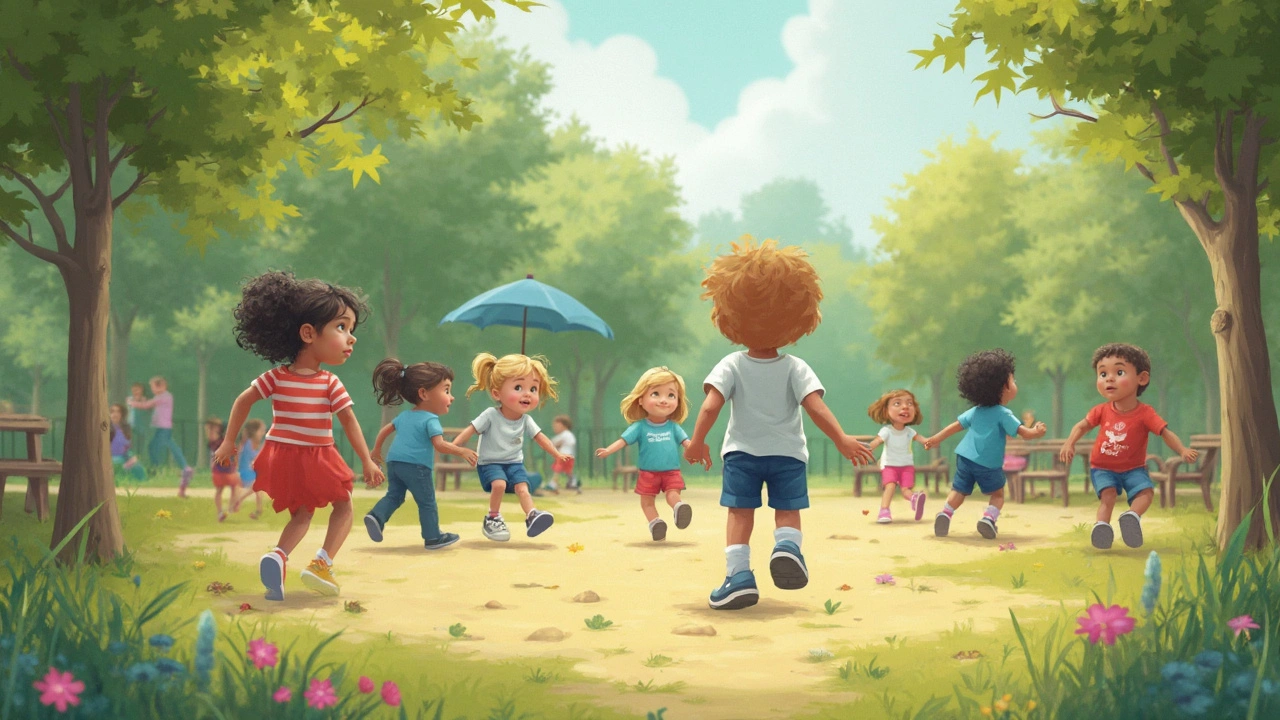Bone Health: Simple Steps to Stronger Bones
Worried about brittle bones or want to avoid fractures as you age? Bone health matters at every stage of life, and small daily choices add up. Here’s a clear, practical guide to what helps bones stay strong — food, movement, supplements, and quick checks you can do right now.
Nutrition and supplements
Calcium and vitamin D are the basics. Aim to get most calcium from food: dairy, yogurt, cheese, canned salmon with bones, tofu, and leafy greens. Adults generally need around 1,000–1,200 mg of calcium daily depending on age and sex; check with your doctor for your exact target.
Vitamin D helps your body absorb calcium. Sunlight makes vitamin D, but many people need supplements, especially in winter or if they spend little time outdoors. Typical supplement ranges are 600–2,000 IU a day, but ask your provider for a test-based dose.
Protein matters for bone repair and maintenance. Include lean meat, fish, eggs, legumes, or dairy across the day. Don’t forget magnesium and vitamin K2 — they help the minerals get into bone. If you consider supplements, choose reputable forms (like calcium citrate) and avoid taking very high doses of calcium without medical advice.
If you take medications that can affect bone (long-term steroids, some anticonvulsants), talk to your doctor about bone protection strategies and whether you need supplements or a bone-sparing drug.
Exercise, lifestyle, and screening
Bones get stronger when they carry weight. Do weight-bearing activities like brisk walking, hiking, dancing, or light jogging most days. Add resistance training (bands, free weights, or machines) two to three times a week to build muscle and bone together.
Balance training matters to prevent falls. Try heel-to-toe walks, single-leg stands, or tai chi to cut your fracture risk. Also watch lifestyle risks: stop smoking and limit alcohol — both speed bone loss.
Ask your doctor about a bone density (DEXA) scan if you’re a woman over 65, a man over 70, or younger with risk factors like early menopause, long-term steroid use, or a family history of fractures. A scan shows where you stand and helps guide treatment.
Quick daily checklist: eat calcium-rich meals, take vitamin D if needed, do a 30-minute walk or strength session, practice one balance move, and remove loose rugs or clutter to reduce fall risk. Small habits stack into real protection.
Need supplements or trusted advice? SecureTabsPharm offers quality options and pharmacist support to help you pick the right products. Start with a simple step today — check your vitamin D level or add one weight-bearing workout to your week, and build from there.

Rickets and the Skeletal System: What Really Happens to Our Bones
Rickets messes with bone growth, mainly in kids, making bones soft and weak. This article breaks down exactly how rickets impacts the skeletal system and what causes it in the first place. Get real examples, see why vitamin D is a game changer, and pick up simple tips on prevention. It’s a head-to-toe look at how rickets turns everyday stuff like playing outside into something more important. If you care about bone health—yours, your kids', even your pets'—this read is for you.
© 2026. All rights reserved.
